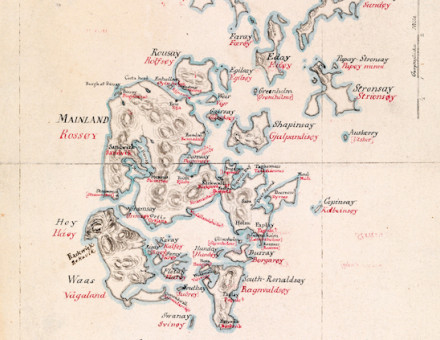Innovative Oldenburg
A German scholar living in 17th-century London revolutionised the way scientists shared news of their latest advances.

Scientific discovery has shaped the world for four centuries. To make it happen, scientists needed an effective way to circulate knowledge, share ideas and establish new paradigms. One of the most important innovations of early science (natural philosophy to its 17th-century practitioners), therefore, was the scientific journal.
It owes its existence to an industrious German, Heinrich (Henry) Oldenburg. Educated in his native city of Bremen and in Utrecht, he was intended for a career in the Church or the academy but, in the early 1640s, he abandoned his studies in favour of experiencing the religious, political and intellectual life of Europe at first hand, seeking employment as tutor and travelling companion to the son of a nobleman or ‘some honest merchant’.







